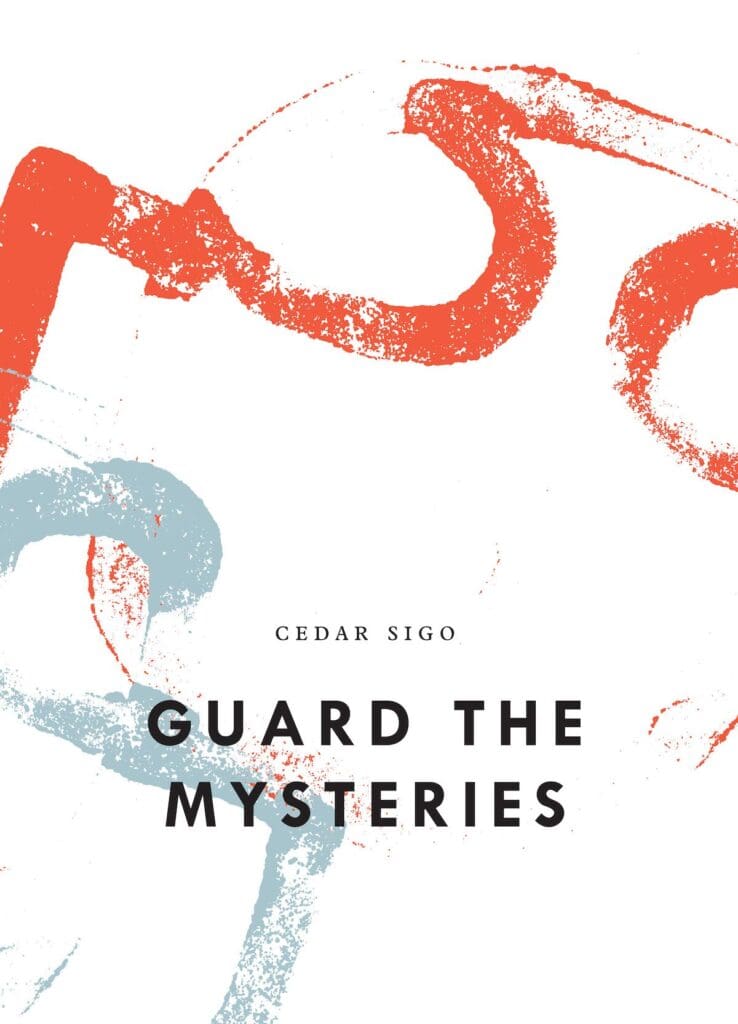In his new book, Guard the Mysteries (126 pages; Wave Books), comprised of five talks presented for the Bagely Wright Lecture Series, Cedar Sigo draws from his experiences as poet, teacher, writer, and thinker to tell us about the life of a poet and the work of his poetry. In the lectures, inward reflections become outward, and what elements start as external (such as a listener’s question) are absorbed into the inside. In other words, poetry is revealed to be a metaphysical, transitive process, always in movement, and always capable of connecting dual sides of a truth. “More and more, […]
Q&A with Cedar Sigo: ‘Guard the Mysteries’ and Knowing Your History
by Ray Levy Uyeda

